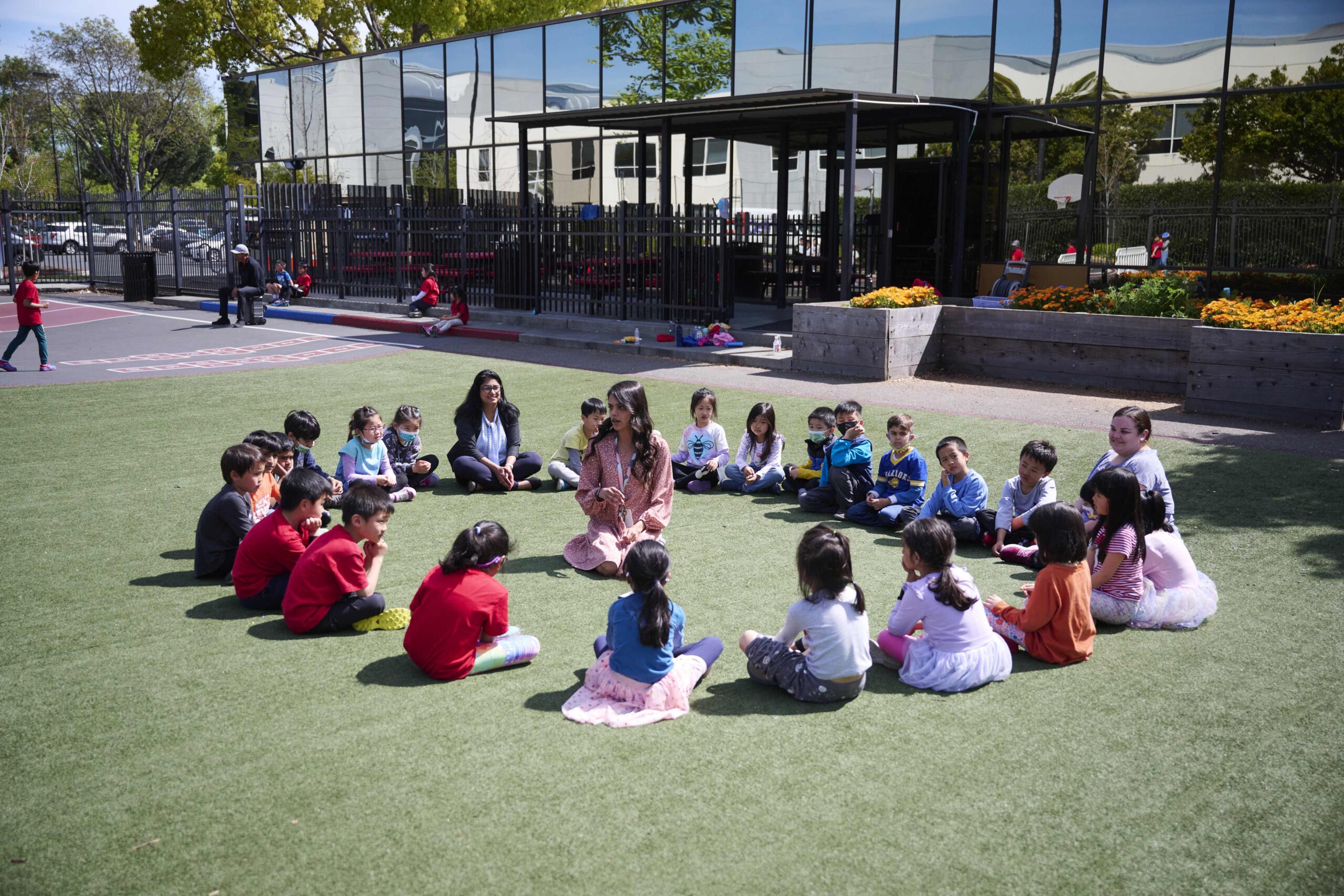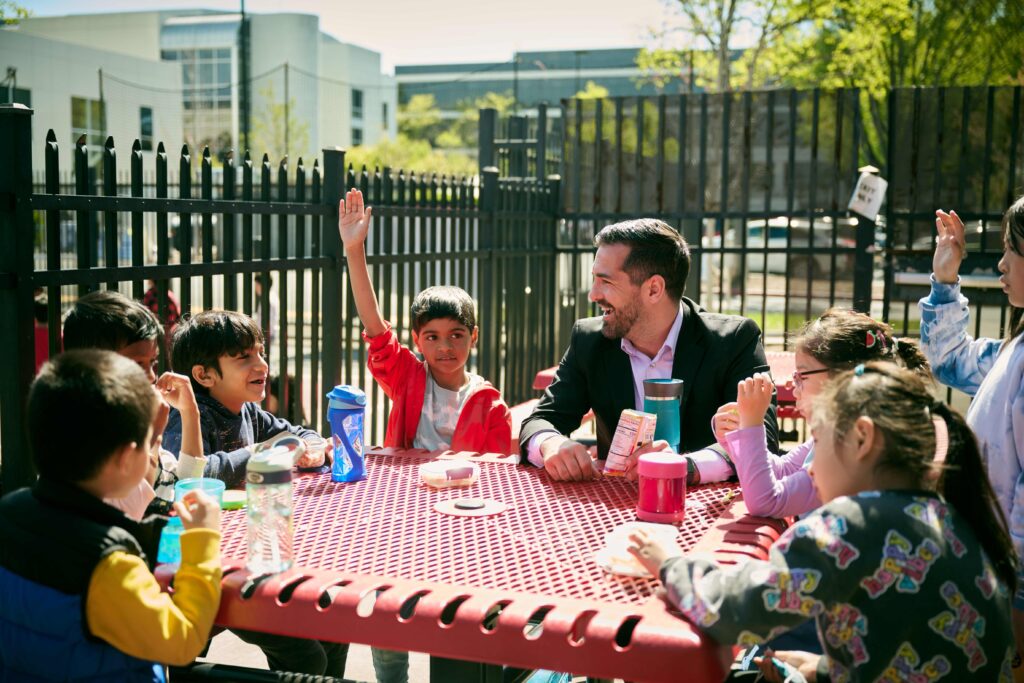September 26, 2024

Effective communication with children requires patience and the right approach. Educators often use simple but powerful phrases to guide students, and many of these strategies can be equally helpful at home. Here are seven phrases that encourage positive behavior and foster meaningful conversations with children:
1. “If you do / If you don’t…”
For clarifying choices and consequences
Guiding children toward making good choices is more effective than attempting to forcing compliance. This phrase helps them understand what’s expected and what the outcomes will be based on their actions.
- “Put your papers and lunchbox in your bag now. If you don’t, you won’t have them for school.”
- “Clean your play area in the next 10 minutes. If you do, we’ll have time for a bike ride.”
2. “Help me understand.”
For encouraging thoughtful responses
This phrase shows a willingness to listen and helps shift children from an emotional reaction to a more rational mindset. It’s also a useful way to develop communication skills by having them explain their perspective.
- “I hear you’re upset with your sister. Help me understand what’s going on.”
3. “Answer in your head.”
For keeping responses in check
If a child tends to shout answers before a question is finished, this phrase can help. It encourages them to think before responding aloud, which is especially useful with multiple children.
- “Before you tell me what you think, answer in your head, and then let’s talk.”
4. “It seems like you’re feeling _______.”
For helping identify emotions
Sometimes a child’s emotional reaction becomes the central issue. By naming their feelings—whether it’s frustration, disappointment, or anger—they can begin to calm down and focus on resolving the problem.
- “It looks like you’re feeling disappointed that your friend couldn’t come over.”

5. “What would make you feel better?”
For fostering problem-solving skills
When emotions run high, this question guides children to think about solutions. This empowers them to manage their emotions and take the next step. Younger children often benefit from a few suggestions like an offer for a hug or brainstorming solutions.
- “I know you’re sad that the game is over. What do you think would help you feel better?”
6. “It looks like you need help with _______.”
For when they need to do it now.
This is especially effective for tasks your child can do 100% independently. Children like you to know they can “do it by themselves.” But there’s a big difference between can and will. This phrase can trigger them into action to show you they don’t need your help. The key here is to physically move to help them as you say this and show you mean business.
- “It seems like you’re struggling with your jacket zipper. I’ll help you start it.”
7. “I’ll come back when…”
For taking a break when emotions run high
When emotions escalate, it’s important to model a healthy response. Let children know how you’re feeling, take a break, and give them a clear task to focus on while you regroup.
- “I’m frustrated right now. I’ll come back when I’m calmer. In the meantime, please start putting away your books.”
Every child is unique, so it’s important to experiment with these phrases to see which ones resonate best.


